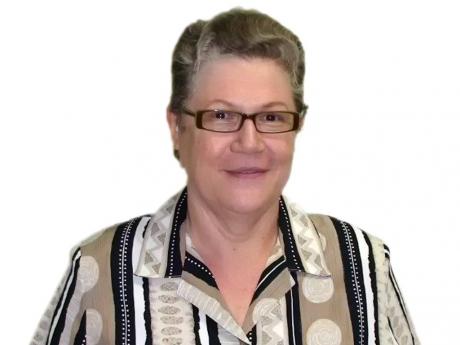Older J’cans not taking their pills - Study raises concerns as forgetfulness, cost cited among reasons elderly fail to take medications that could save lives
Forgetfulness, cost, and the belief that they can survive without it are said to be some of the reasons why the elderly in Jamaica might not be taking their medication as they should.
With more than 50 per cent of Jamaica’s elderly either living alone, single, or widowed, this issue is cause for concern.
The elderly are persons 60 years and older, and the Jamaican population is said to be ageing rapidly.
A study by the Mona Ageing and Wellness Centre found that among Jamaican seniors, 65.4 per cent suffer from either diabetes (sugar) or hypertension (high blood pressure), and 22 per cent have both.
“We have been encouraging as many people as possible to sign up with JADEP (the Jamaica Drug for the Elderly Programme) because through JADEP, they can get a whole range of medication for chronic conditions. Also, if even JADEP is too expensive for them, they could apply to join the PATH programme (Programme of Advancement Through Health and Education) so that they could get their medication,” said Jean Lowrie-Chin, president of the Caribbean Community of Retired Persons (CCRP).
“I hope that we can raise awareness that if, for example, they get a prescription for an antibiotic, it is dangerous for them not to complete the entire course of antibiotics, and if they have medication for hypertension, they have to take it because that’s a very dangerous condition, and, of course, insulin for diabetes, so it’s very important that if they find themselves in a position where they cannot afford their medication, they need to apply or ask a relative to apply to the different programmes so that they can get the funds to cover that.”
Lowrie-Chin said that it is extremely important for family members to look out for the elderly and monitor their intake of medication as with age, their memory might not work as well as it used to.
“Sometimes they literally forget, so it’s very important for us to appeal to relatives and to friends, and even neighbours, to step up and help our elderly to take their medication on schedule and to ensure that they don’t stop halfway as they could actually create more danger for their health if they don’t take the entire course. As people get older, they get forgetful, and sometimes they just resent having to take so much medication and they need to be coaxed in a very gentle way to make sure they take the medication,” said Lowrie-Chin.
... Health literacy needed for the elderly, says Eldemire-Shearer
Denise Eldemire-Shearer, professor of public health and ageing at The University of the West Indies, Mona, says concerns around non-compliance with medication are often linked to the elderly.
“They don’t like to take medication, and they don’t take their medications properly,” Eldemire-Shearer told The Gleaner last week.
“I mean, I had one lady that I saw on Monday, and it was definitely not a poverty issue, and she said, ‘I don’t like taking tablets’. A lot of them don’t understand ‘cause whoever is taking their blood pressure will say its normal. As doctors, we will say it’s controlled because, of course, you are taking the medication. They think they can stop the medication.”
She added: “Some of them tell me that they alternate the tablets because they are not taking more than two or three for the day. Some of them are on six, and I mean they could be for different things – diabetes, hypertension, whatever – but they have decided that three is their dose for the day.”
Eldemire-Shearer said that health literacy could go a far way in empowering and educating the elderly so that they understand what exactly is wrong with them and why they need a particular medication.
“Don’t stop taking your medication without talking to your primary care provider, whether the nurse at the clinic or the doctor. A lot of it hinges on health literacy. You know, you give somebody a prescription for a month, you think they are coming back or they are going to renew it once the month’s supply is finished. Unless you are very explicit – ‘You have to take this every month’ – they will just think it is finished even though the ‘repeat’ is written on it,” the professor said.
In 2012, Eldemire-Shearer was part of a study looking at the elderly in Jamaica that revealed that women were more likely than men to say that side effects were among the reasons for not taking their medication. Women were also more likely to access both the National Health Fund and JADEP cards.

